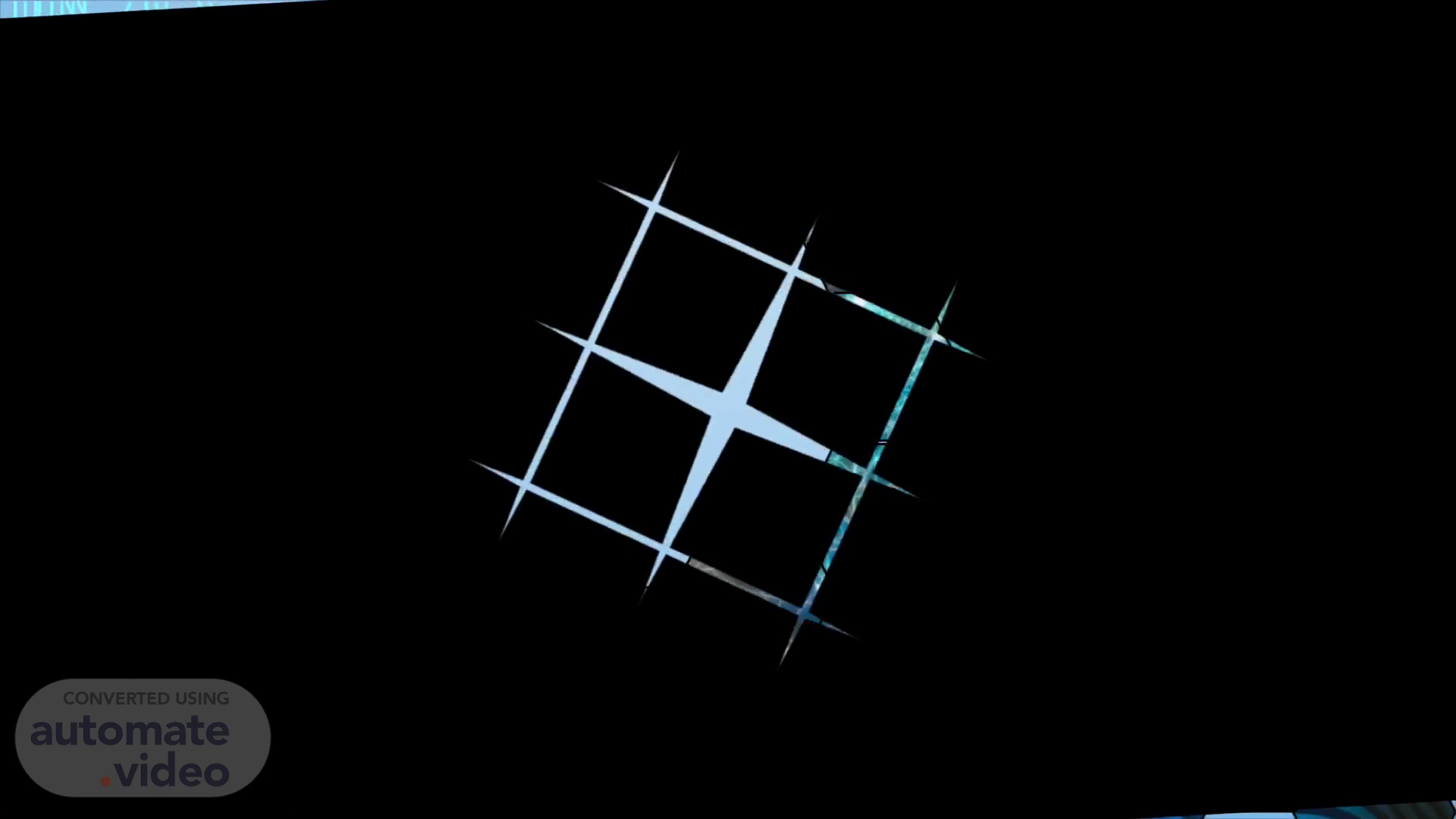
HOW CAN SMART TECHNOLOGY IMPROVE OUR LIVES IN HEALTH
Scene 1 (0s)
[Audio] CAT PAT Reuel Gabin PBHS How can smart technology improve our lives in health?.
Scene 2 (12s)
[Audio] TABLE OF CONTENT Title slide Table of contents Introduction Which different smart technologies are currently been used in health What are the advantages of using these smart technologies in health Can smart technology help reduce healthcare costs What negative impact could these smart technologies have on health What is the importance of smart technology in healthcare Conclusion Bibliography.
Scene 3 (34s)
[Audio] INTRODUCTION The purpose of this investigation is to find out how can smart technology improve our lives in health and medical facilities. I have many sets of questions and I intend to find answers to all by doing research. My desired outcome of this investigation would be to find the perfect solution as to why smart technology can improve our lives in health by examining and weighing the pros and cons. THE AREA I AM GOING TO FOCUS MY INVESTIGATION ON IS HEALTH. THIS INVESTIGATION HAS PROVEN THAT SMART TECHNOLOGY IN HEALTH IS NOT ONLY BETTER BUT CAN IMPROVE OUR LIVES DRASTICALLY. THERE ARE SOME DISADVANTAGES BUT THE ADVANTAGES WEIGH OUT THE DISADVANTAGES..
Scene 4 (1m 19s)
[Audio] WHICH DIFFERENT SMART TECHNOLOGIES ARE CURRENTLY BEEN USED IN HEALTH? Digital transformation is changing the face of industries, especially in healthcare. Smart wearables: They can collect data from whoever wears them, and they can then send that information to Huawei Research. If there is a problem with that person the data on that person will be sent to the remote medical management platform. For Physicians, using wearables and apps is easier and more efficient for data analysis Huawei’s smart wearables can also monitor blood oxygen and can also generate electrocardiograms. Digital platforms can achieve the real-time visual management of operations and resources in hospitals. From patient flow and doctor workloads to bed occupancy and medical device use..
Scene 5 (2m 10s)
[Audio] WHAT ARE THE ADVANTAGES OF USING THESE SMART TECHNOLOGIES IN HEALTH? It was because of the ongoing global COVID-19 epidemic and its many advantages, including the capacity to react quickly in time-sensitive circumstances, competitive value, cost savings, and optimum operational efficiency, many hospitals are already implementing smart hospital solutions. While giving hospitals a competitive advantage over rivals, smart hospital technology can significantly affect hospital bottom lines. For data storage, patient care, and daily operational management, hospitals use a variety of systems. Operating these systems or gaining access to the data needed to create vital healthcare systems For quicker diagnosis and treatment, hospitals can use smart technology to merge the data from various disparate systems into a single repository. This interoperability aids doctors and medical professionals in precisely understanding patient needs, sharing data between systems and the cloud, and doing better analyses that can result in better patient care..
Scene 6 (3m 16s)
[Audio] CAN SMART TECHNOLOGY HELP REDUCE HEALTHCARE COSTS? Even though smart technology is gradually becoming one with the healthcare industry, not many are able to reduce healthcare costs and achieve good margins. One of the ways to reduce healthcare costs is by Lowering administrative expenditure. Every healthcare provider uses a slew of systems to store their data, treat their sick patients, and manage day-to-day operations. Another way is cutting down the need for specialists. For any healthcare provider taking the time to interact with patients to understand their symptoms is a real undertaking. The overuse of specialists for diagnosis and treatment and the ever-increasing doctor fees make healthcare very expensive..
Scene 7 (4m 3s)
[Audio] WHAT NEGATIVE IMPACT COULD THESE SMART TECHNOLOGIES HAVE ON HEALTH? Breach of protected health information. It opens up the potential risk for data to be accessed by third parties. Whether intentionally accessed by malicious actors or accidentally exposed, cases abound of patient data making its way into the wrong hands. Cybersecurity risk doesn’t just pertain to the exposure of private data or the ransoms that are sometimes associated with data breaches. The risks related to altered data can have serious consequences. Altered device functionality may result in adverse results. This highlights one of the key disadvantages of healthcare. Moreover, without the correct security protocols, patient’s connected medical devices may be accessed with the intention of altering functionality. In the worst-case scenario it results in serious device malfunction in life-and-death situations..
Scene 8 (5m 6s)
[Audio] WHAT IS THE IMPORTANCE OF SMART TECHNOLOGY IN HEALTHCARE The benefits of information technology in healthcare or Health Information Technology are plenty. It enables health practitioners to store and retrieve data relating to a patient’s health records. It also enhances the communication of patient information through a legible format that anyone can use. As a result, it reduces the chance of medication errors. Medical technology in healthcare is important as it contributes a lot to hospitals. From plaster to robotic surgery, technological advancement is always present and indisputable. Nevertheless, behind every medical technology, there is the patient in mind..
Scene 9 (5m 53s)
[Audio] CONCLUSION IN CONCLUSION TO MY REPORT I HAVE FOUND OUT THAT SMART TECHNOLOGY IN HEALTHCARE IS VERY BENEFICIAL TO HOSPITAL PATIENTS AND TO EVERYONE ELSE. Research also proves what I am saying. The advantages outweigh the disadvantages. With all of this proven by research it would be way more beneficial to promote smart technology in healthcare, I am not saying that there is not smart technology in healthcare already, I am saying that there needs to be more due to its many advantages..
Scene 10 (6m 25s)
[Audio] bibliography https://blog.huawei.com/2021/10/13/these-smart-technologies-are-transforming-healthcare/ https://thehealthcaredaily.com/smart-technology-in-healthcare/ https://hatiintl.com/blog/how-smart-technology-can-help-reduce-healthcare-costs https://galendata.com/disadvantages-of-technology-in-healthcare/ https://ied.eu/blog/importance-of-technology-in-healthcare/.